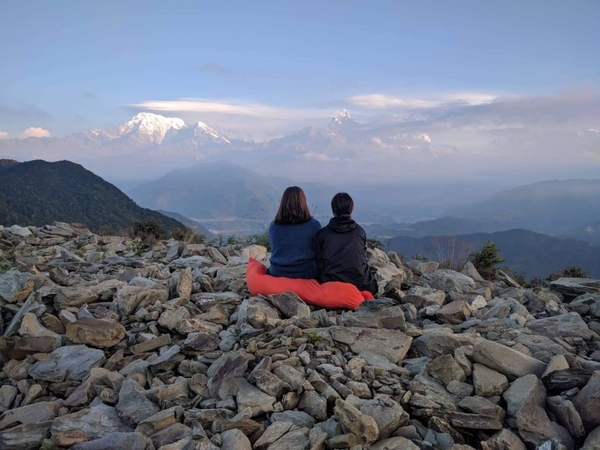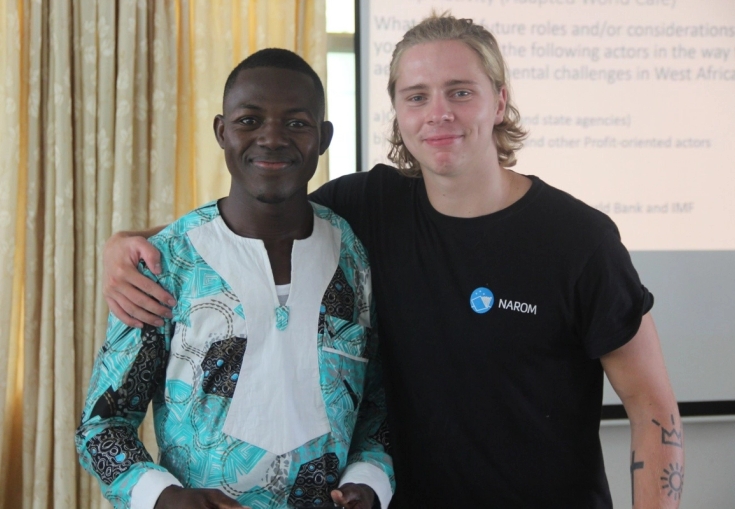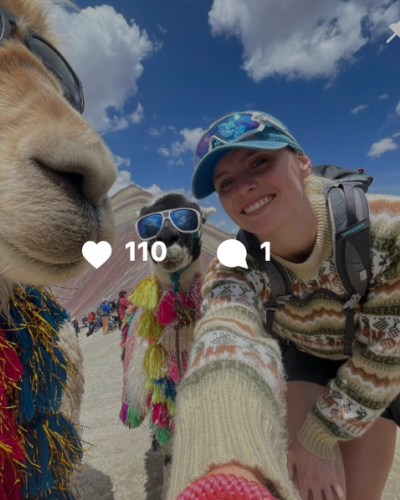How is the state of LGBTQ+ rights in the country of study?
Ghana
In Ghana, the situation for LGBTQ+ individuals has long been very difficult.
Same-sex relationships have long been illegal in Ghana. Unfortunately, there is a negative development ongoing.
The Norwegian Ministry of Foreign Affairs' travel advice for LGBTI individuals in Ghana.
Same-sex relationships are prohibited in large parts of Africa, and have been banned in Ghana for a long time, but the draft law mentioned in the travel advice from the Ministry of Foreign Affairs threatens to make the situation for LGBTQ+ individuals in Ghana even worse. Therefore, we are closely monitoring the developments and will continuously assess the security situation.
Our staff are well acquainted with the situation in Ghana. We have offered studies here for many years. The knowledge about gender diversity and queer issues is very low.
This also means that you do not need to fear retaliation if you wear a pride bracelet or similar items. Because awareness is so low, markers that in Scandinavia would be associated with (support for) LGBTI individuals, are not perceived in the same way in Ghana.
The local population is also generally uninterested in foreigners breaking these types of norms. The conservative view on LGBTI is about preserving what some see as "traditional Ghanaian values".
As a non-Ghanaian, it is therefore already quite uninteresting how you look and how you behave. This also applies if you have Ghanaian heritage, as you will still clearly stand out as a non-local. Nevertheless, you may experience negative reactions if, for example, you hold hands with a person of the same sex in public.
Based on assessments we make in consultation with employees who are well-acquainted with the situation, and with the Ministry of Foreign Affairs' travel advice as a guideline, we consider the situation for our students to be safe today.
We are conducting Development Studies 2 in Ghana in the spring of 2026. We have contingency plans that ensure alternative implementation of our studies if the Ministry of Foreign Affairs changes its travel advice or we have reason to believe that the security situation has changed for our students.
It's a pity if we have to exclude countries of study where the politics may clash with our own values. Studying in another country does not necessarily mean supporting the government's policies.
Part of studying abroad and getting to know other cultures is also dealing with norms and values we strongly disagree with, which can be challenging to endure, especially for those who identify as queer.
Feedback from students is important to us in the evaluations we make on such matters, so we appreciate it if you share your thoughts with us.
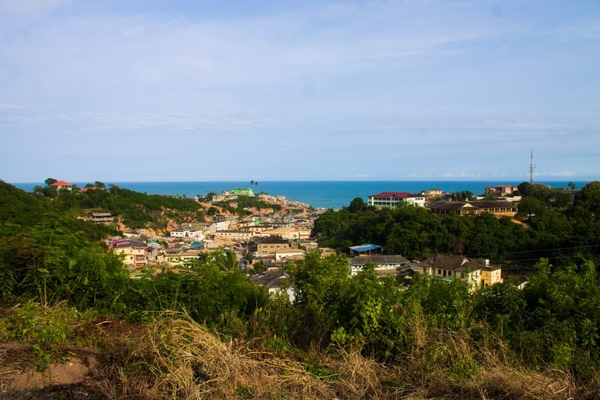
Vietnam
Relationships between individuals of the same sex are not prohibited or criminalized in Vietnam. Transgender individuals and their legal rights were officially recognized in 2015, including the right to change legal gender.
In general, attitudes towards LGBTQ+ individuals have shifted in a positive direction in Vietnam over recent years, especially among the younger generation. However, discrimination related to non-conforming gender expressions can still be experienced in Vietnam.
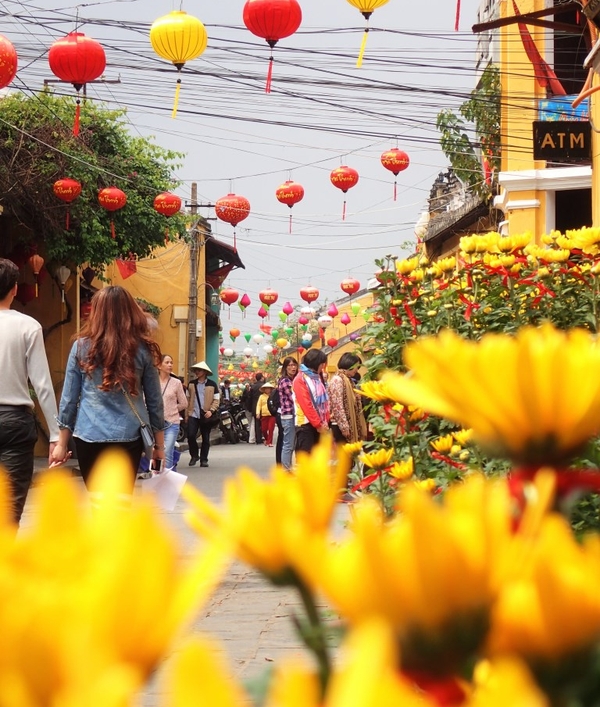
Costa Rica
Costa Rica is generally considered a very safe travel destination for LGBTQ+ individuals.
Relationships between persons of the same sex are not prohibited or criminalized. Same-sex marriage has been legal since 2020, and the right to change legal gender since 2018.
Nevertheless, one may experience discrimination or unpleasant comments related to gender expressions that deviate from norms, especially from older individuals.
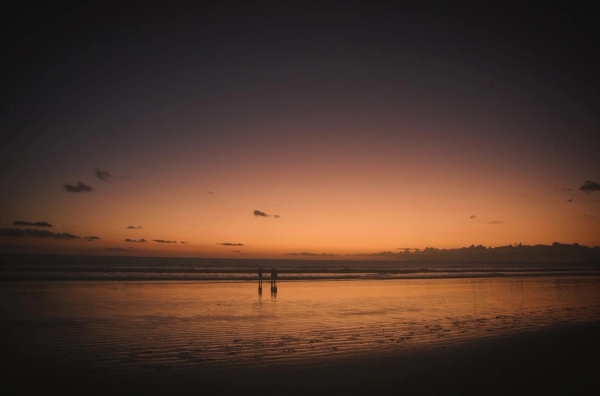
Argentina
Argentina is also generally a very safe destination for LGBTQ+ individuals.
Relationships between persons of the same sex are not prohibited or criminalized. Same-sex marriage has been legal since 2010. The right to change legal gender was recognized in 2012 (Norway did not do this until 2016).
Nevertheless, one may experience discrimination related to non-conforming gender expressions, especially from older individuals.
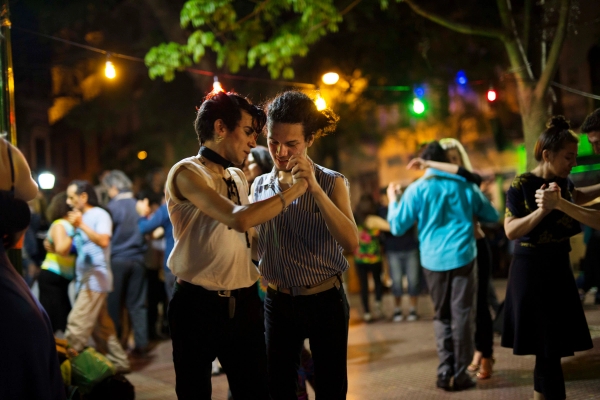
Nepal
Nepal is also considered a generally safe destination for LGBTQ+ individuals.
The country decriminalized sexual relations between same-sex individuals in 2007. Same-sex marriage was legalized in April 2024.
Nevertheless, one will still be able to experience discrimination directed at queer, transgender people, and individuals with non-conforming gender expressions.
Third gender-identified and non-binary individuals generally have somewhat better legal protection in Nepal than transgender people who identify as male or female.
For example, one can change from M/F to O (other) in a passport, but a person who is assigned male at birth cannot change to F (female) in the passport.
